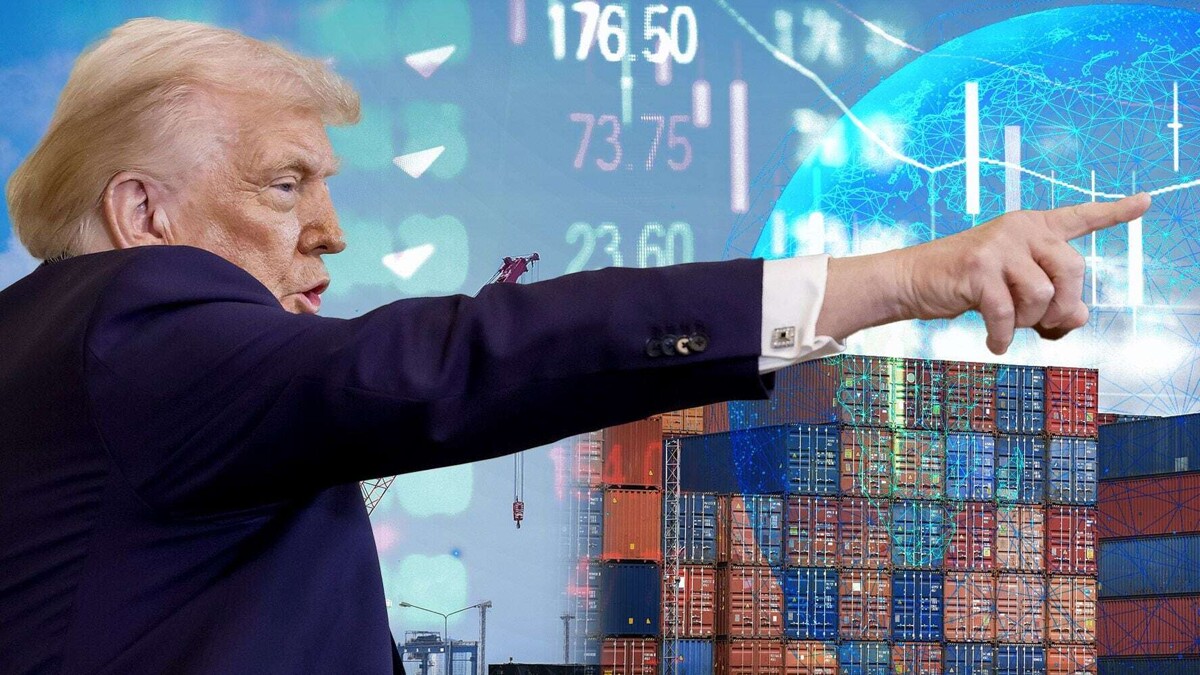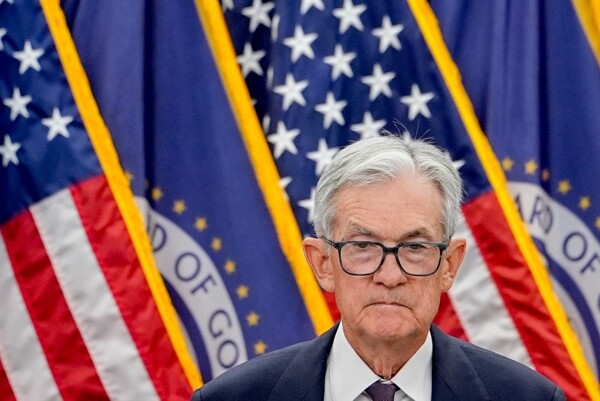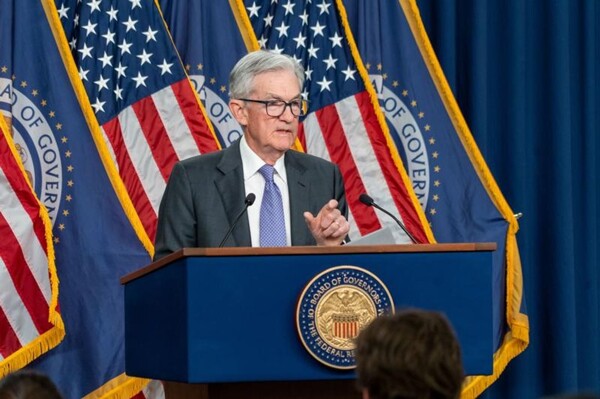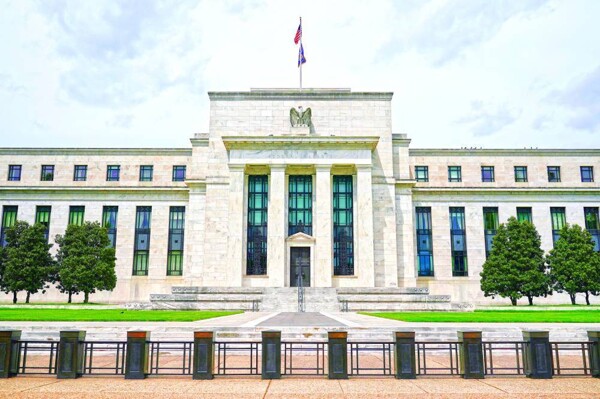
The President of the United States, Donald Trump, announced that next week he will reveal the imposition of tariffs against several countries to counteract the taxes they impose on American exports. This measure has generated uncertainty about a possible trade war.
During his term, Trump has used tariff threats as a pressure tool against other nations, despite warnings from economists about the potential negative impact on prices within the United States. Recently, he threatened Colombia with tariffs to force the country to accept the deportation of Colombian migrants after a controversy with President Gustavo Petro.
It is expected that the tariffs announced next week will be different from the universal tax previously planned by the Trump administration. Jamieson Greer, nominated to be the Trade Representative, believes that the "universal tariff should be studied to see if it can reverse relocations."
Trump and his advisors have mentioned the possibility of using tariffs to counteract non-tariff trade barriers imposed by other countries. The president stated that he will announce this measure along with "many other things" at a press conference next week.
Recently, Trump announced a 25 percent tariff for Mexico and Canada, but later paused it for a month due to agreements to increase border control. Regarding China, an additional 10 percent tariff was imposed, followed by retaliatory measures from the Asian giant.
The American president seeks a "fair deal" for consumers in the country, and plans have been suggested to implement a global tariff aimed at the European Union, as well as impose sectoral sanctions in key areas such as steel, pharmaceuticals, and oil. With information from Bloomberg.














